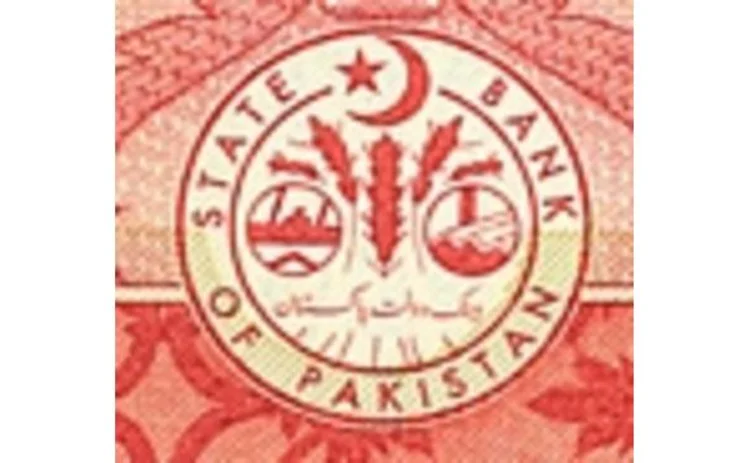
Pakistan looks to raise public profile of Islamic finance

The State Bank of Pakistan (SBP) is pushing the country's Islamic banking industry to develop products that are more distinct from conventional modes of finance, and will make a renewed push to improve public perception of Islamic finance.
The Islamic banking industry has grown to a 10% share in Pakistan's banking system. The 19 institutions that offer Islamic banking products and services have established roughly 1,200 branches across the country.
Saleem Ullah, director of the SBP's Islamic
Only users who have a paid subscription or are part of a corporate subscription are able to print or copy content.
To access these options, along with all other subscription benefits, please contact info@centralbanking.com or view our subscription options here: www.centralbanking.com/subscriptions
You are currently unable to print this content. Please contact info@centralbanking.com to find out more.
You are currently unable to copy this content. Please contact info@centralbanking.com to find out more.
Copyright Infopro Digital Limited. All rights reserved.
As outlined in our terms and conditions, https://www.infopro-digital.com/terms-and-conditions/subscriptions/ (point 2.4), printing is limited to a single copy.
If you would like to purchase additional rights please email info@centralbanking.com
Copyright Infopro Digital Limited. All rights reserved.
You may share this content using our article tools. As outlined in our terms and conditions, https://www.infopro-digital.com/terms-and-conditions/subscriptions/ (clause 2.4), an Authorised User may only make one copy of the materials for their own personal use. You must also comply with the restrictions in clause 2.5.
If you would like to purchase additional rights please email info@centralbanking.com


